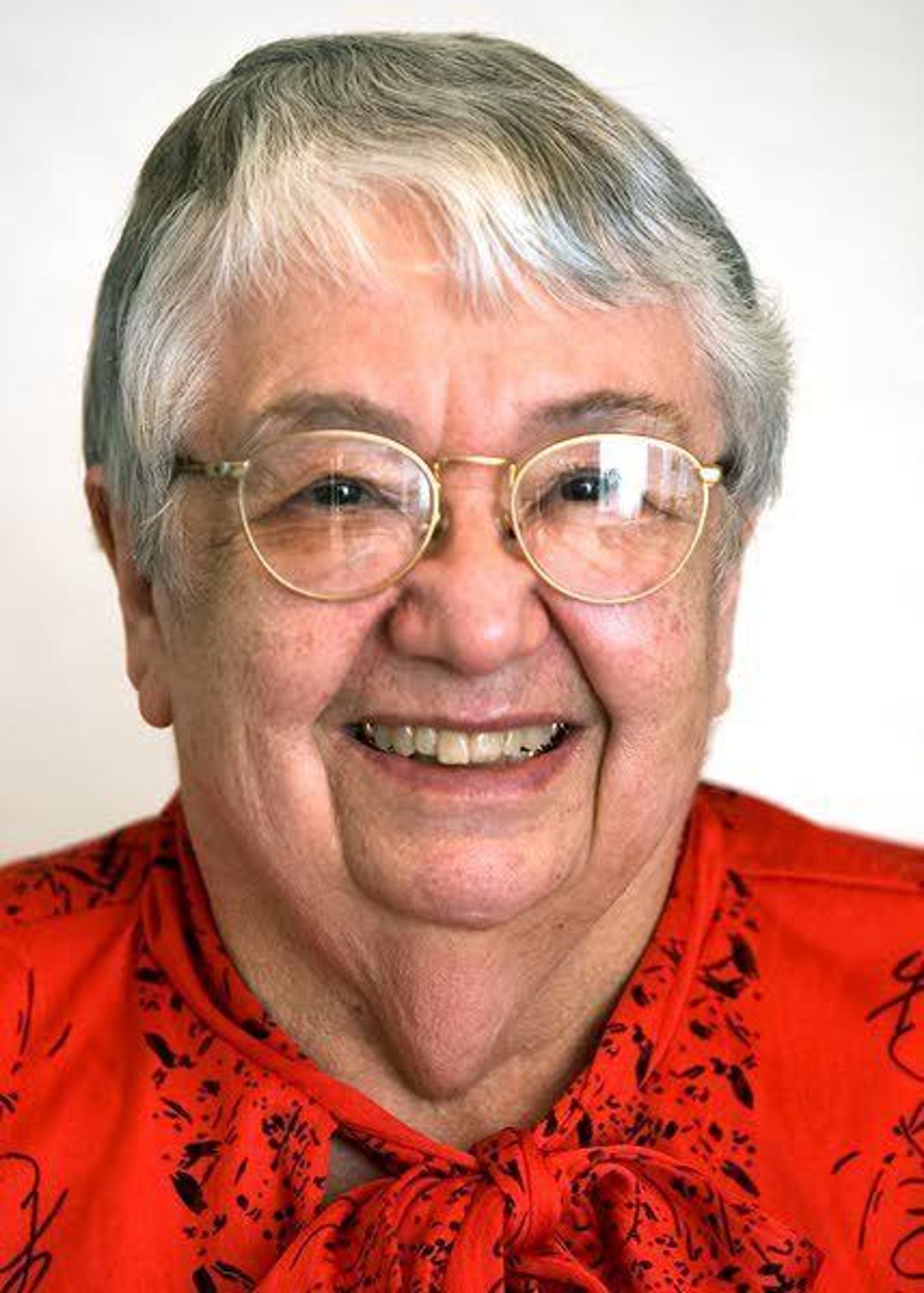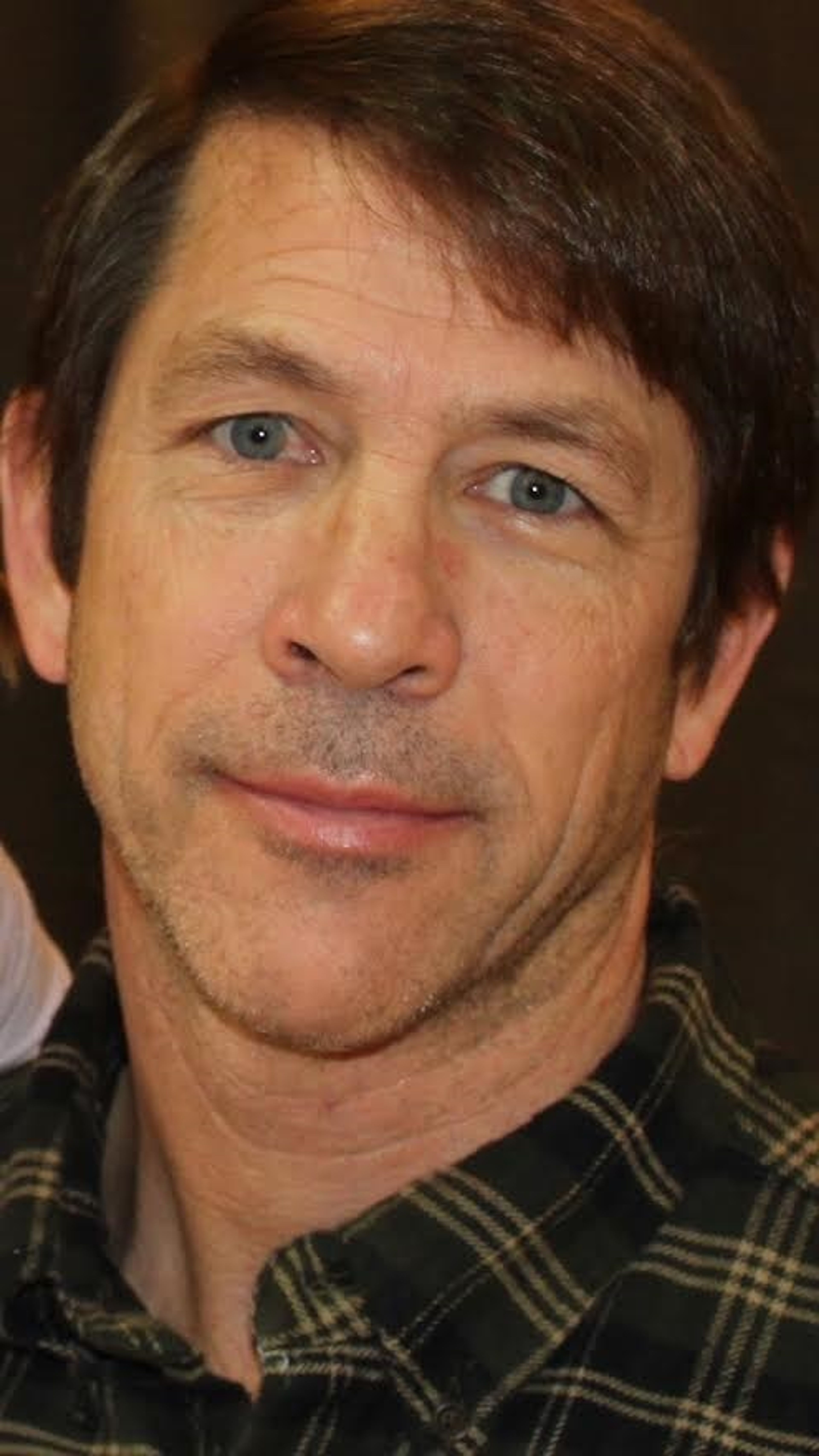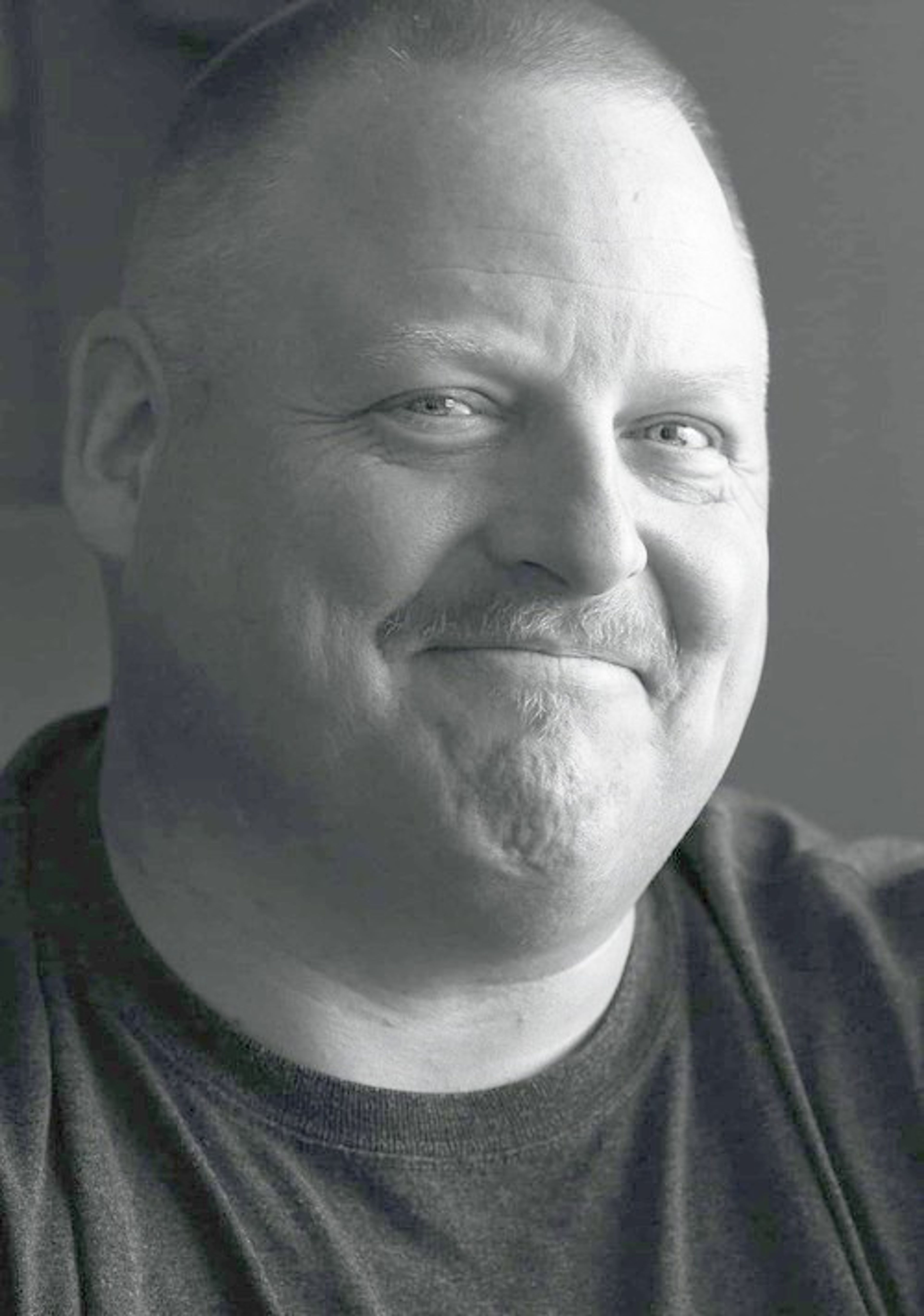I recently read Bill Gates’ book, “How to Avoid a Climate Disaster.” It contains a lot of food for thought about the subject of net zero carbon dioxide emissions. While he made some serious omissions, he gives us a broad range of steps to work toward zero. He explores in depth all various choices and compares them for effectiveness, cost and general desirability. He reviews the pros and cons of the various alternatives to the worst offenders.
Divided into categories, he explains how each works and the “whys” of his selections on the best alternatives. He divides his categories by transport and shipping, heating and cooling, agriculture, light and manufacturing. He rates the various alternatives on the basis of how green they are. He points out how our agricultural and building practices can result in release of carbon dioxide into the air from the ground.
His major omission is a discussion of rail transport for both shipping and travel as a possible replacement for cars, trucks, buses and airplanes. He could have discussed the advantages of putting containers on rail flat-cars for long distance shipping, then transferring them at intermodal facilities to trucks for short runs. In his discussion of water shipping, he deals only with transocean shipping and omits a discussion of barge vs. trucks on rivers and canals. He also said little to nothing about what we could save by reducing all kinds of waste.
One chapter discusses the various forms of energy. He is a champion of electricity, provided it is produced in a green manner — hydro-electricity and nuclear being his most recommended methods of electric production and the cleanest environmentally.
This brings us to our local dilemma on dam breaching. If we remove the dams, we lose a major source of energy. May I suggest a possible alternative? The dam breachers insist we need to do this to save salmon hatchlings from being ground up in a turbine on their initial trip to the ocean. This is a once-a-year occurrence so why not, instead, schedule an opening of the locks and let the river flow free downstream for the duration of the run? With ample warning, I’m sure shippers could schedule their runs around this event. Once the babies are downstream, close the locks and build up the water level again. Seems to me we would get the best of both worlds with that solution.
Gates deals with the worst offenders in the area of manufacturing — cement and steel being two of the worst. The processes of their manufacture use a lot of energy, both in terms of the pollution created and the energy used. The volume used is also a major consideration. Recycling can help with steel, but so far, we don’t have a good way to reprocess cement or concrete.
Throughout the book, Gates promotes more research into all aspects of energy use. We need to find substitute materials used in the manufacturing picture such as plastics, fabrics, replacements for some forms of energy, cleaner ways to transport goods and people to name only a few. In our choice of purchases we need to be aware of the carbon-dioxide used to make the items we buy.
Achieving zero release of carbon-dioxide into the air is the job of each of us. The need to educate the populace to reach this goal is enormous and needs to be ongoing and constantly updated as science learns more. We need more research and creative thinking in all aspects of the energy — how it is used, how it is created, how we can reduce our carbon footprint — all aspects of the dilemma.
Each of us can play a role in reaching our zero goal — whether it is educating the public, speaking out against bad practices, monitoring our own choice and insisting that our public officials make decisions on purchases and ensure that public policy promotes good practices. Everyone of us has a role to play and we ignore that responsibility at our ultimate peril.
Lenna Harding lived her first 20 and past 43 years in Pullman. A longtime League of Women Voters member, she served on the Gladish Community and Cultural Center board. Reach her at lj1105harding@gmail.com.








